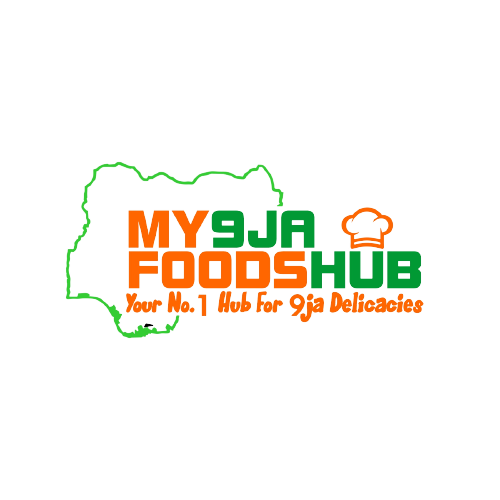Yeast powder, also known as nutritional yeast, is a popular vegan ingredient that has been gaining attention in recent years due to its numerous health benefits and versatility in cooking. In this article, we will delve into the world of yeast powder, exploring its history, nutritional profile, benefits, and various uses in the kitchen.
What is Yeast Powder?
Yeast powder is a type of yeast that has been grown on sugarcane or beet molasses and then harvested, washed, and dried. It is a natural source of protein, fiber, and various vitamins and minerals, making it an excellent addition to a healthy diet. Yeast powder has a nutty, cheesy flavor and is often used as a vegan substitute for cheese.
History of Yeast Powder
Yeast powder has been around for centuries, with its origins dating back to the early 20th century. It was initially used as a nutritional supplement, but its popularity grew as people began to discover its culinary uses. In the 1960s and 1970s, yeast powder became a staple in the hippie and vegan communities, where it was used as a meat substitute and a source of protein.
Nutritional Profile
- Protein: Yeast powder contains all nine essential amino acids, making it a complete protein source.
- Fiber: Yeast powder is high in dietary fiber, which can help promote digestive health and support healthy blood sugar levels.
- Vitamin B12: Yeast powder is one of the few plant-based sources of vitamin B12, which is essential for energy production and nerve function.
- Folate: Yeast powder is a rich source of folate, a B vitamin that is crucial for fetal development during pregnancy.
- Iron: Yeast powder contains iron, which is essential for healthy red blood cells.
- Zinc: Yeast powder is a good source of zinc, which supports immune function and wound healing.
Benefits of Yeast Powder
- Increased Energy: Yeast powder is a natural energy booster due to its high levels of vitamin B12 and iron.
- Improved Digestion: Yeast powder contains fiber and other nutrients that can help promote healthy digestion and prevent constipation.
- Supports Healthy Skin: Yeast powder is rich in antioxidants and other nutrients that can help protect the skin from damage and promote healthy aging.
- May Help Lower Cholesterol: Yeast powder contains beta-glucans, which have been shown to help lower cholesterol levels and improve heart health.
- Supports Immune Function: Yeast powder contains vitamin B12 and other nutrients that are essential for a healthy immune system.
Culinary Uses of Yeast Powder
- Cheesy Sauces: Yeast powder can be used to make vegan cheese sauces that are perfect for pasta, pizza, and lasagna.
- Vegan Mac and Cheese: Yeast powder is a key ingredient in vegan mac and cheese, adding a cheesy flavor and creamy texture.
- Soups and Stews: Yeast powder can be added to soups and stews for an extra boost of nutrition and flavor.
- Salad Dressings: Yeast powder can be used to make creamy salad dressings that are free from dairy and other animal products.
- Stir-Fries: Yeast powder can be used to add depth and umami flavor to stir-fries and other Asian-inspired dishes.
Tips for Using Yeast Powder
- Start with a small amount: Yeast powder has a strong flavor, so start with a small amount and adjust to taste.
- Use it as a spice: Yeast powder can be used as a spice to add depth and umami flavor to dishes.
- Mix it with other ingredients: Yeast powder can be mixed with other ingredients, such as lemon juice and garlic, to create a marinade or sauce.
- Experiment with different recipes: Yeast powder can be used in a range of recipes, from soups and stews to salads and stir-fries.
READ MORE: Healthy Homemade Nigerian Snacks






